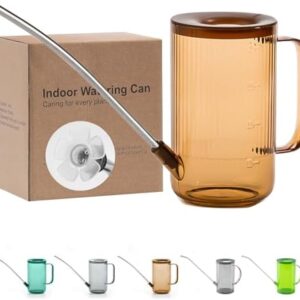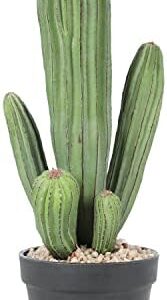Gardening has always been a beloved pastime for many, providing a sense of peace and connection to nature. But as we look towards the future, it’s becoming increasingly clear that the way we garden needs to change. With climate change becoming more of a reality every day, it’s important that we shift our gardening practices towards sustainability.
Sustainability in gardening means creating and maintaining a garden that can thrive without depleting natural resources or causing harm to the environment. This can be achieved through various practices such as using organic gardening methods, conserving water, and promoting biodiversity.
One of the key reasons why sustainability is so important in gardening is the impact that traditional gardening practices can have on the environment. Many commercial fertilizers and pesticides contain harmful chemicals that can leach into the soil and water, causing damage to ecosystems and wildlife. By choosing organic gardening methods, we can reduce our impact on the environment and create a healthier garden for ourselves and future generations.
Water conservation is another important aspect of sustainable gardening. With water scarcity becoming an increasing concern in many parts of the world, it’s crucial that we use water wisely in our gardens. This can be achieved through practices such as collecting rainwater, using drip irrigation systems, and choosing drought-tolerant plants. By conserving water in our gardens, we can help alleviate the strain on water resources and create a more sustainable future.
Promoting biodiversity in our gardens is also essential for sustainability. By planting a variety of native plants, we can create habitats for beneficial insects, birds, and other wildlife. This not only helps to support biodiversity but also promotes a healthy ecosystem within our gardens. By working with nature rather than against it, we can create a garden that is not only beautiful but also sustainable.
As we look towards the future, it’s clear that sustainability in gardening is key. By making conscious choices in how we garden, we can create a more sustainable future for ourselves and the planet. This may mean making changes to our current gardening practices, but the benefits far outweigh the challenges.
There are many ways in which we can incorporate sustainability into our gardening practices. One simple way is to start composting kitchen scraps and yard waste to create nutrient-rich soil for our gardens. Composting not only reduces waste but also improves soil health and fertility, making for healthier plants.
Choosing native plants for our gardens is another way to promote sustainability. Native plants are adapted to the local climate and require less water and maintenance than exotic species. They also provide important food and habitat for local wildlife, helping to support biodiversity in our gardens.
Using natural pest control methods is another important aspect of sustainable gardening. Instead of reaching for chemical pesticides, try using companion planting, beneficial insects, or homemade remedies to control pests in your garden. These methods are not only better for the environment but also safer for your family and pets.
Incorporating sustainable gardening practices may require a shift in mindset and habits, but the benefits are well worth it. By choosing to garden sustainably, we can create a beautiful and productive space that supports the health of our planet and future generations.
As we look towards the future of gardening, it’s clear that sustainability is key. By making conscious choices in how we garden, we can create a more sustainable future for ourselves and the planet. Whether it’s through composting, planting native species, or using natural pest control methods, there are many ways in which we can incorporate sustainability into our gardening practices. By working with nature rather than against it, we can create a garden that is not only beautiful but also sustainable.






